ANDREW HAIGH: ALL OF US STRANGERS (2023)
ANDREW SCOTT AND PAUL MESCAL IN ALL OF US STRANGERS
A powerful gay ghost story from Haigh
All of Us Strangers, a propulsive and intense film about loneliness, loss, and love, was adapted by Haigh from the Japanese novel Strangers by Taichi Yamada, translated into English by Wayne Lammers (already filmed in Japanese), "possibly tilting away," Bradshaw wrote at Telluride, from the the original’s "tone of disturbing possibilities towards a melancholy sweetness." (Also translating from straight to gay.) Well, you can take this picture of a middle-aged gay screenwriter in London, played with his usual relaxed intensity by the Irish born Andrew Scott (of "Fleabag" and "The Pursuit of Love") either way - as sad and disturbing, a nervous breakdown, or simply as a man coming to terms with both the saddest and the most hopeful thinking and feeling of his highly imaginative and emotionally vulnerable self.
There is a certain amount of return by Haigh to the wonderful sense of gay connectedness he achieved in his first film, Weekend, to which this has been called "a companion piece." Bradshaw calls this a "mysterious, beautiful and sentimental film." Or it is an overweening episode of "Black Mirror." Though I was thrilled by Haigh's fluency, I could not fully relate with the film's in-your-face intensity and was following one step behind. But I had a feeling it would come to get me later. The young New York audience at a press screening watched raptly, but seemed withdrawn at the end - and the ending is a bit much to take. Haigh remains a powerhouse filmmaker. And once again he has brought wonderful performances out of a quartet of the best actors in the business.
In The new feature Adam (Scott), a screenwriter, lives in a new building that's not occupied. An intense, handsome younger man, Harry (Paul Mescal), approaches him when he is drifting, uneasily at work on a screenplay based on his life with his lost parents, who died in a car accident when he was twelve. Harry comes to the door with a bottle, already plastered but inviting fun. He anticipates that Adam is "queer" - the different word denotes younger years, but Adam cautiously but politely declines the offer and closes the door.
What happens after that I'm not certain; and finding out should be left to the viewer anyway. Adam goes to his old home in the country outside London (Dorking) and meets - his parents, Dad Jamie Bell and Mum Claire Foy. The most arresting sequence is the one in which he carefully informs her that he's gay. she does not take it well; later, his dad is much more understanding, and later declares Harry, with whom now Adam has a relationship, to be "a handsome fella." Whatever elseis going on here Haigh eventually works through the experience of being gay and dealing with AIDS and post-AIDS attitudes as a young gay man; going over Harry's own approach to coming out,
Haigh goes over the ways the experience is, and is not, different now. We can also say as PEter Debruge does that All of Us Strangers "is therapy for the audience," or "at least that specific segment of us" who "desperately need" our fathers to apologize for not coming into our room when we were crying. This is also mainstream gay emotional therapy for a younger generation than the ideal one for Brokeback Mountain (mine). As a gay writer, Haigh writes for the LGBTQ person who knows that "everything is different now," yet is also aware that in some ways, in some places, it is not different. To say this is a "ghost story" (a very likely kind of tale to come from Japan) is to say this is a movie about dealing with people and emotions that have changed or gone and yet are still present in our hearts and minds.
Despite the "Black Mirror" comparison, which is there, Andrew Haigh works like nobody else. He paints with a broad brush, and has ways of using events with utmost simplicity to deliver visceral, intense cinematic experience. Not only the Guardian's Bradshaw but Variety, The the Hollywood Reporter, Screen Daily, and the Los Angeles Times'Justin Chang have delivered absolute raves. Awards consideration, especially on the UK side, is assured.
All of Us Strangers, 105 mins., debuted at Telluride Aug. 31, 2023. Screened for this review as part of the New York Film Festival at Lincoln Center, where it showed Oct. 1 abd 2; it will also scheduled for London BFI and Chicago. Theatrical release scheduled for Dec. 22 in the US and Jan. 26, 2024 in the UK. Metacritic rating: 98%.





 Reply With Quote
Reply With Quote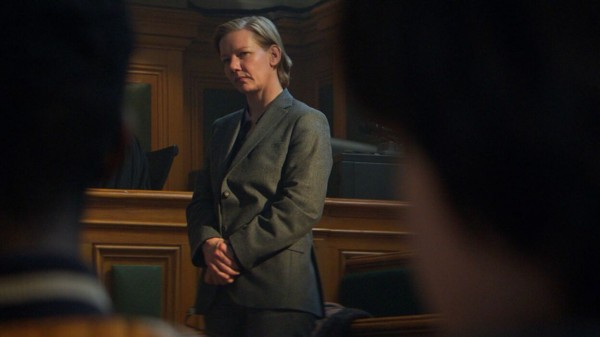
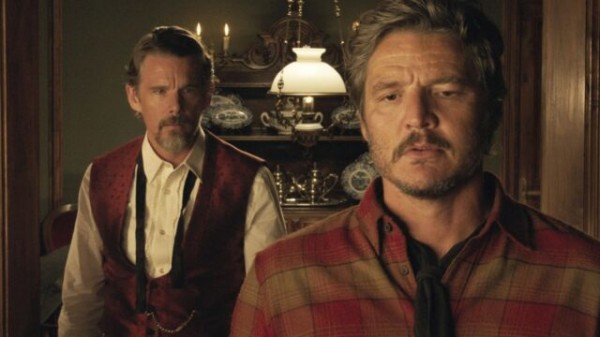
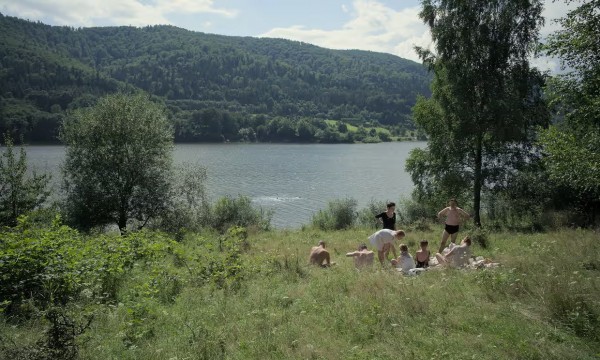
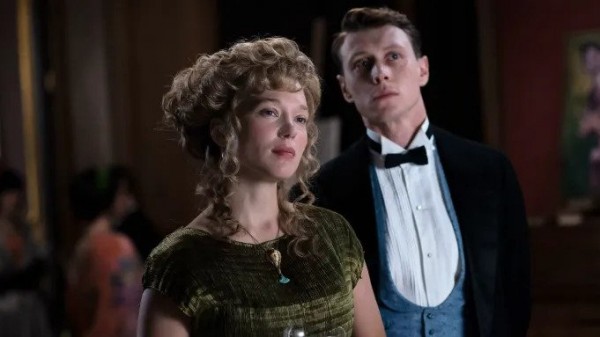
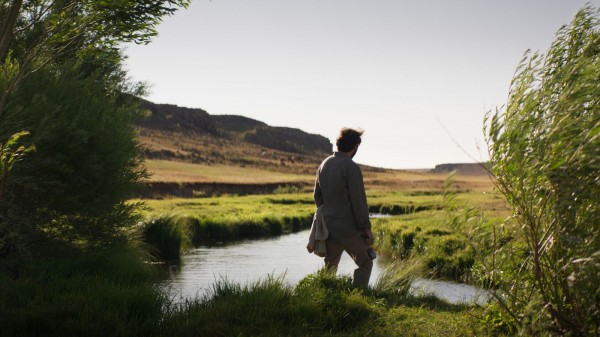
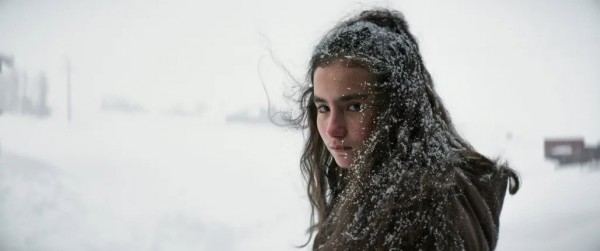
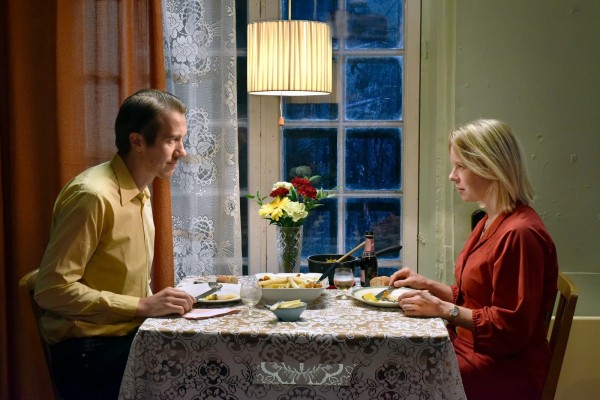

Bookmarks